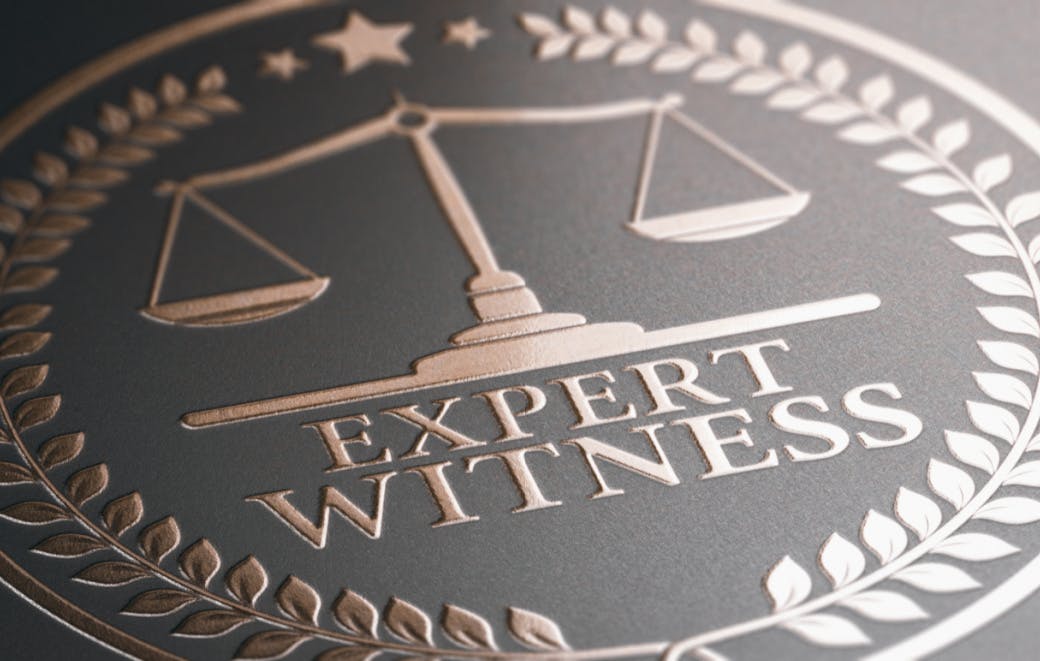What Are Future Damages in a Personal Injury Claim?

Minnesota law allows injury victims to pursue compensation by filing a personal injury lawsuit against a negligent party. Unfortunately, some injuries can cause lasting pain and financial strain. So how will you secure money for the long-term effects of your injury?
That’s where future damages come in.
What Are Future Damages?
In personal injury law, different types of compensation are called “damages.” These may include:
- Medical costs
- Lost income
- Pain and suffering
- Property damage
However, your injury could cause further expenses and hardships long after you’ve filed a lawsuit. Examples include:
- Ongoing medical treatment, rehabilitation, therapy, or medications
- Future lost wages
- Reduced capacity to earn
- Permanent disability
- Lasting physical pain or emotional suffering
- Loss of consortium
Expenses like these are why it’s essential for your personal injury attorney to include future damages in your claim. Once you’ve agreed to a settlement, you generally can’t go back and demand more money later on. The last thing you want is to exhaust your settlement package too quickly and be on the hook for injury-related expenses.
How Are Future Damages Calculated?

When calculating how much compensation to request in a lawsuit, past damages are usually pretty straightforward. Just add up your medical bills, lost wages, and the costs of repairing or replacing damaged property.
Future damages are a bit more tricky. You will need to analyze the severity of your injuries and predict the long-term impact on your life. Of course, this is easier said than done. Be sure to find a personal injury attorney who has ample experience with this process so that they can help you estimate fair compensation.
How Will Your Attorney Prove Your Future Damages?

When pursuing a personal injury claim, you’ll need evidence to justify your demands. Most insurance companies will try to pressure you into accepting a lowball settlement offer. In some cases, you may even have to take your claim to court.
Regardless, your attorney has to build a solid case to get you the compensation you deserve. So how do you prove your future damages when they haven’t occurred?
There are a few ways to do this, but the most common is by consulting expert witnesses. For example:
- A doctor could project a timeline for your recovery and list what treatment or rehabilitation you may need
- Your employer could explain how your injury will hinder your ability to work
- A psychologist could vouch for the emotional effects your injury is likely to cause
Expert testimony—along with other forms of evidence—will help you defend your claims so you can get the financial support you need through a favorable settlement or trial verdict.
Don’t Leave Your Future Up to Chance

After an injury, you may find yourself facing a long road to recovery. You may even have to deal with permanent pain, disability, or emotional trauma. By including future damages in your personal injury claim, you can achieve true peace of mind as you rest and heal.
Have you been injured due to someone’s negligence or wrongdoing? If so, you may be entitled to compensation—and we can help you get it.
At SiebenCarey, we have decades of experience helping injury victims get the financial support they need in the aftermath of an accident. Just contact us, and we can:
- Evaluate your case
- Explain your rights
- Investigate the details of your injury
- Help you win the full compensation you’re owed












